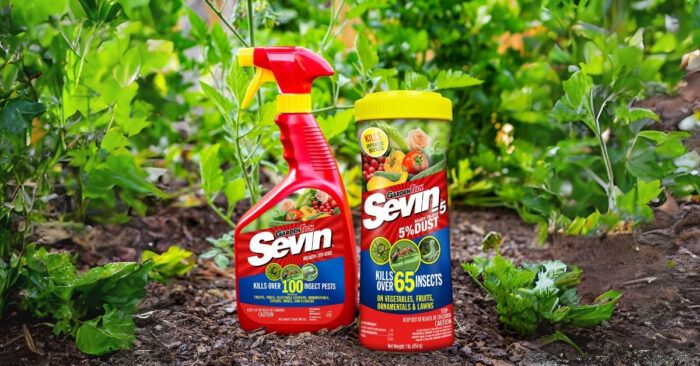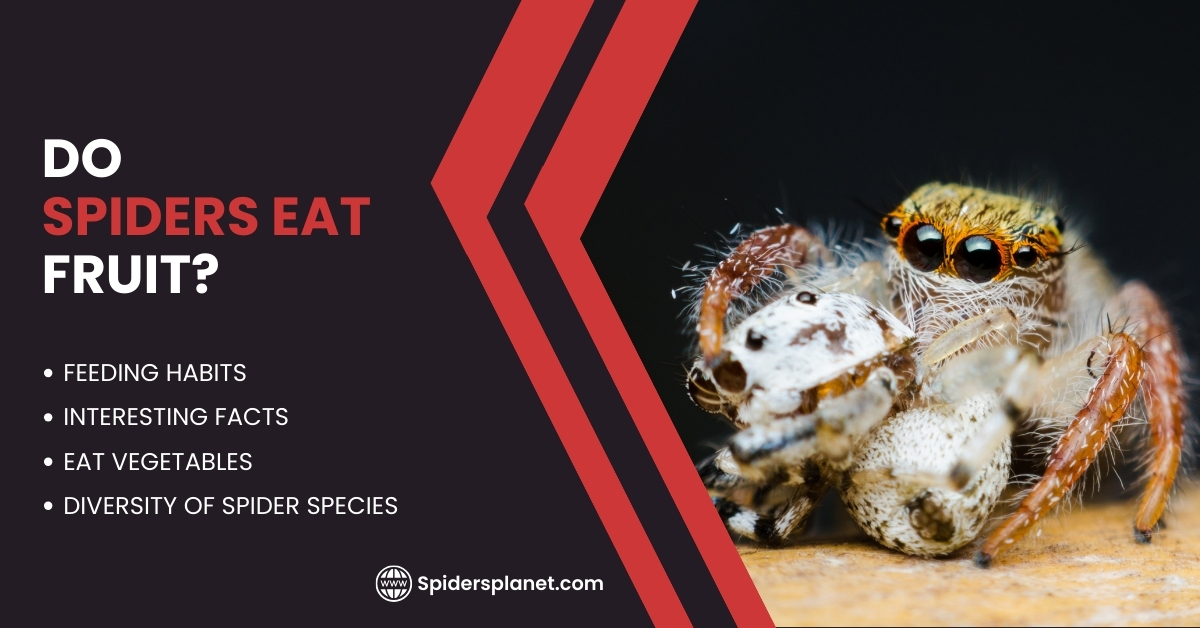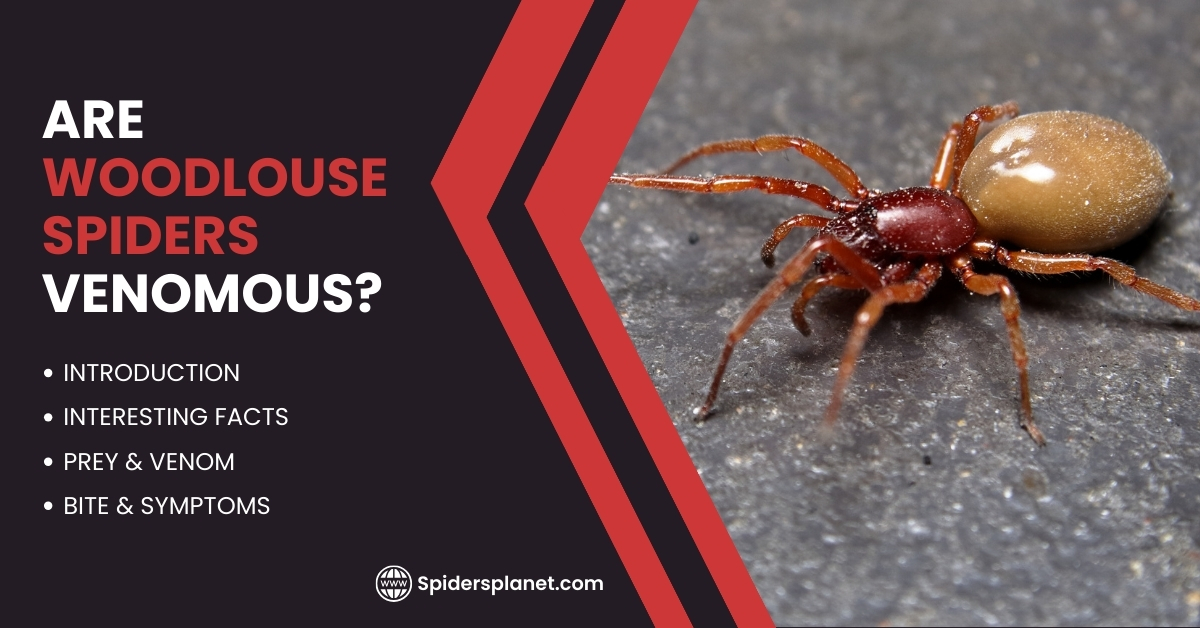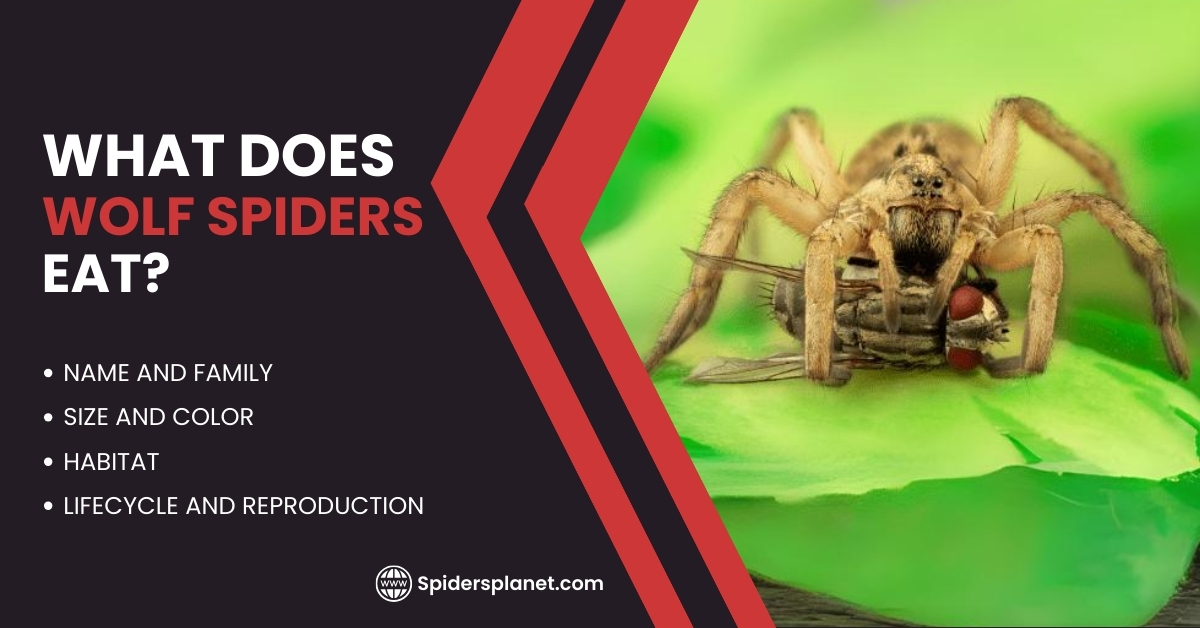Do you know these small troublemakers known as spider mites? Which enjoy sucking sap and can transform your plant haven into a battlefield.
When you are working to restore your infected plant back to a green and healthy state, you might ask: can Sevin be helpful in killing spider mites? To save your plants.
So, grab your magnifying glass and gardening gloves! Join us on a journey to tackle the spider mite problem and see if Sevin can stand up to these eight-legged invaders.
We will uncover the truth about Sevin and its effects and find the best way to make your plants thrive without pests. Let’s start…!
What are Spider Mites?
Belonging to the Tetranychidae family, spider mites have around 1,200 species. As members of the Acari subclass (mites), they typically reside on the lower surfaces of plant leaves for extracting sap from both indoor and outdoor plants, posing a threat to their well-being.
There, they may create silk webs for protection and inflict harm by puncturing plant cells for feeding. Spider mites are known for their capacity to consume a wide variety of plant species, numbering in the hundreds.
- These tiny creatures, usually measuring less than 1/20th of an inch, make them challenging to detect without magnification.
- Their coloration varies by species, often appearing in shades of green, yellow, orange, red, or brown.
- Possessing an oval-shaped body, they usually have eight legs and two distinct red eye spots.
- Many species produce fine silk webbing, serving as a noticeable indicator of their presence.
Spider mites typically inhabit the undersides of leaves, where they extract sap from the host plant. Thriving in warm, arid conditions, these pests reproduce rapidly, making effective control measures challenging.
How Spider Mites Damage Your Plants?
Spider mites may be tiny, but they are trouble for your plants. These little arachnids suck sap from plants, causing discoloration, slow growth, and even plant death.
They have special mouthparts to pierce plant cells, leaving spots or yellow dots on leaves.
Some types also spin webs that make it hard for plants to breathe. This weakens the plants, making them more prone to other problems.
To make matters worse, spider mites reproduce a lot and fast, turning a small issue into a big one quickly. Early detection is crucial! Keep a vigilant eye on pests and take prompt action to safeguard your plants.
Early Signs of Spider Mites:
Early detection of spider mites is essential for safeguarding your plants, and several signs can help you identify their presence.
Keep an eye out for tiny pale or yellow dots on the undersides of leaves, indicating feeding marks, as well as stippling – a pattern of light-colored specks often accompanied by discoloration.
Discoloration itself, with leaves turning yellow, bronze, or silvered, is another notable sign. Additionally, watch for fine, silky webbing in leaf corners or around stems, and observe any leaf distortion or curling caused by damage to the leaf cells.
Physical indications such as a gritty or dusty feeling on the undersides of leaves, as well as premature leaf dropping in severe infestations, further signal a potential spider mite problem.
Look for natural predators like ladybugs, lacewings, or predatory mites as indicators, and be attentive to slowed plant growth, which may suggest stress from spider mites.
Regularly inspect your plants, especially the undersides of leaves, for signs of damage, as early detection is crucial for effective control.
Related Articles:
Common Species:
Two-spotted Spider Mite (Tetranychus urticae): This prevalent species can infest a diverse range of plants.
Strawberry Spider Mite (Tetranychus fragariae): Primarily targeting strawberries, this species can also affect other plant varieties.
Pacific Spider Mite (Tetranychus pacificus): Found in western North America, this species poses a threat to citrus trees, roses, and various vegetables.
What is Sevin and what is it used for?
Sevin is a brand of insecticides that used to be owned by Bayer but is now under GardenTech. It contains carbaryl as the main active ingredient and comes in different forms like concentrates, dust, and ready-to-use sprays.

Sevin is effective against over 500 insect pests, including beetles, ants, aphids, and caterpillars.
It is widely used in gardening and lawn care to protect plants like fruits, vegetables, trees, shrubs, and flowers.
Specifically, While Sevin may work differently depending on the type of spider mite and how widespread the infestation is, it’s essential to understand that research indicates this product might not provide a guaranteed solution.
In other words, its effectiveness can vary, and there’s no absolute certainty in completely addressing the issue.
Guidelines: Sevin provides fast-acting and long-lasting pest control, offering protection for up to three months in some products.
Does Sevin kill Spider Mites?
The effectiveness of Sevin against spider mites depends on the specific Sevin product you use and the type of spider mite infestation you are dealing with.
In the case of Sevin Insecticide Concentrate, it is not labeled for use against spider mites, and using it for this purpose may not be effective.
Moreover, it could harm natural predators of spider mites, making the situation worse.
On the other hand, Sevin Insect Killer Ready-To-Use 2 is designed to kill spider mites, as indicated on its label.
While Sevin may work differently depending on the type of spider mite and how widespread the infestation is, it is essential to understand that research indicates this product might not provide a guaranteed solution.
In other words, its effectiveness can vary, and there’s no absolute certainty in completely addressing the issue.
For a safer and more targeted approach, especially in smaller infestations, consider alternative options like insecticidal soap, neem oil, and predatory mites.
These alternatives are generally safer and have a more specific impact on spider mites.
How Do You Prevent Spider Mites?
Preventing spider mites is crucial for maintaining a healthy and vibrant garden. Employing effective strategies can help keep these tiny pests away:
- Spider mites thrive in dry conditions, so increase humidity around plants using humidifier trays, pebble trays, or regular misting.
- Ensure plants are well-spaced for adequate air circulation, discouraging mite populations and limiting their spread.
- Opt for plant varieties naturally less susceptible to spider mites.
- Avoid excess nitrogen fertilizer, as high levels attract mites and make plants more prone to damage.
- Encourage ladybugs, lacewings, and predatory mites by planting flowers like dill, fennel, and alyssum.
- In established infestations, commercially available predatory mites can be an effective targeted approach.
- Inspect new plants thoroughly to prevent accidentally introducing mites into your garden.
- Use a strong water spray to dislodge mites and their eggs, especially from the undersides of leaves.
- Consistently eliminate dead or damaged foliage, as these areas serve as favorable hiding spots for mites.
- Regularly clear fallen leaves and debris from around plants to eliminate potential mite breeding grounds.
By implementing these strategies, you can create an inhospitable environment for spider mites and reduce the risk of infestations, promoting a thriving and pest-free garden.
Conclusion:
Combating spider mites involves early detection and effective solutions.
While Sevin insecticides can be used, their success varies, and alternative options like insecticidal soap or neem oil may be safer.
Preventive measures, such as managing environmental conditions and promoting natural predators, are crucial for maintaining a healthy garden.
Consistent monitoring and prompt action are essential for maintaining a healthy environment free from pests and promoting optimal growth.
FAQs:
What kills spider mites instantly?
The mixture of 1 cup of rubbing alcohol and 4 cups of water can be an effective DIY solution to kill spider mites.
When sprayed on plants, it covers the stems, flowers, and foliage, effectively dehydrating the spider mites and leading to their demise.
It’s important to ensure thorough coverage for the treatment to be most effective.
Does Sevin dust kill spider mites?
Sevin dust is formulated to target various insects, but its effectiveness against spider mites may not be guaranteed.
Does garden tech Sevin kill spider mites?
Garden Tech Sevin products may have an effect on spider mites, but success depends on factors like the specific product and type of spider mite.
Does Sevin kill red spider mites?
Sevin may have some effectiveness against red spider mites, but results can vary.
Does Sevin’s insect killer kill spider mites?
Sevin insect killer products may have an impact on spider mites, but success depends on factors like the product and type of mite.
Does liquid sevin kill spider mites?
Liquid Sevin may have an impact on spider mites, but its effectiveness can depend on various factors.




Leave a Reply